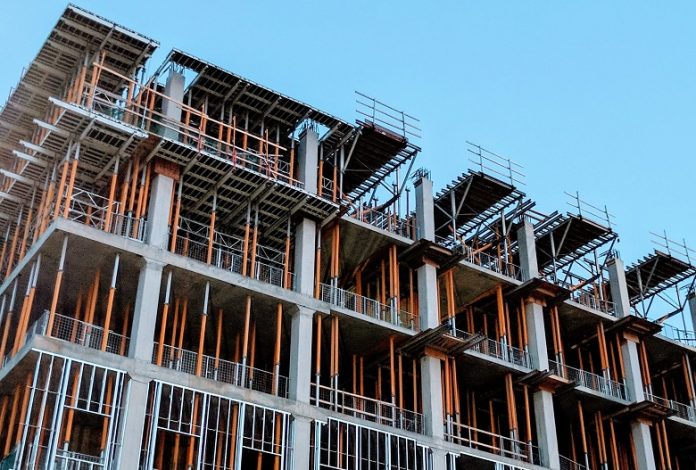China is facing the prospect of a long-drawn correction in its property sector, with the overhang in the housing inventory likely to take more than 10 years to clear, according to Hao Hong, chief economist and partner at GROW Investment Group.
“If you look at the inventory overhang situation — at this sales rate — it will take about two years to clear all the inventory that is outstanding in the market,” Hong told CNBC Street Signs Asia on Thursday.
“And then if you look at the property under construction, we have 6 million square meters under construction. At this rate, it will take probably more than 10 years to clear all those housing under construction. So, all in all, we’re talking about multi years in terms of correction,” he added.
Home sales growth and home prices have remained sluggish as real estate developers have been mired in a spiraling debt crisis since 2020 when Beijing kicked off a broader deleveraging of the once-bloated real estate sector — which accounts directly and indirectly for about one third of China’s economic activities.
The measures, known as China’s “three red lines” policy, require developers to limit their debt in relation to the company’s cash flow, assets and capital levels. Property giants Evergrande and Country Garden
have emerged as two of the more high-profile casualties among real estate developers in the mainland.
“At this juncture, people have to get used to the idea that it’s probably going to take much longer to clear all the inventories. At the same time, one has to find new growth spots for the economy to go forward, instead of just relying on just the property sector and property investment for economic growth,” Hong said.
He said several market experts did not expect the property correction to last so long.
In previous economic downturns, the property sector would respond quickly to stimulus and rebound after two or three quarters of finding the bottom, he added.
“This time around, it seems to us that the property sector has peaked and the long cycle is coming down. As a result, because the market is not ready for a long term correction — they are more accustomed to a quick rebound, according to past experience — the market is caught off guard,” Hong said.
“As a result, the confidence and the market response is being hurt by this lack of preparation.”
Despite a litany of support measures, the lingering property crisis impacted consumer confidence and weighed on the broader economy.
This has led to calls for more aggressive stimulus amid fears of a deepening slowdown in the world’s second-largest economy.
In December, China’s leaders pledged at the Central Economic Work Conference to diffuse risks linked to the property sector, local debt and small and medium financial institutions, while signaling a strategy to build affordable housing.
At the same meeting, the leaders also stressed that a focus on high quality development is key. They prescribed a nine-point plan that included technological innovation in the industrial system, boosting domestic consumption, expanding high-level foreign investment and revitalizing agriculture to boost food security.
China’s central bank extended 350 billion yuan ($49 billion) in loans to policy banks through its pledged supplementary lending facility in December, according to a People’s Bank of China statement Tuesday.
This was a first monthly increase since November 2022 when the Chinese government utilized the tool to boost its economy during the Covid-19 pandemic, stoking expectations the central bank may be supporting infrastructure construction and the ailing housing sector to boost growth.
Source: www.cnbc.com




































